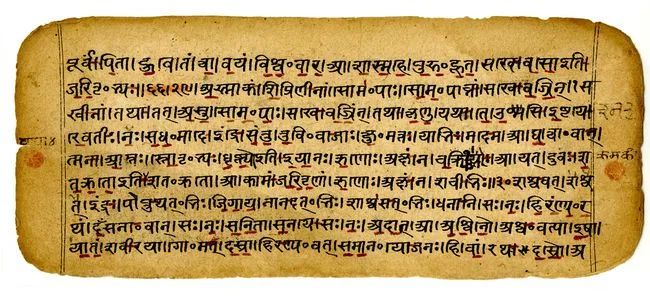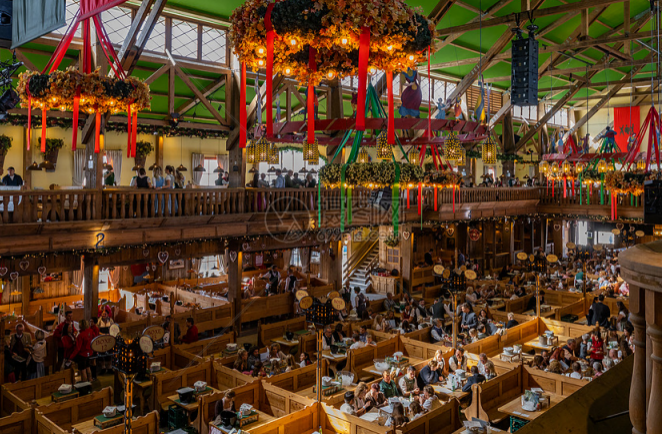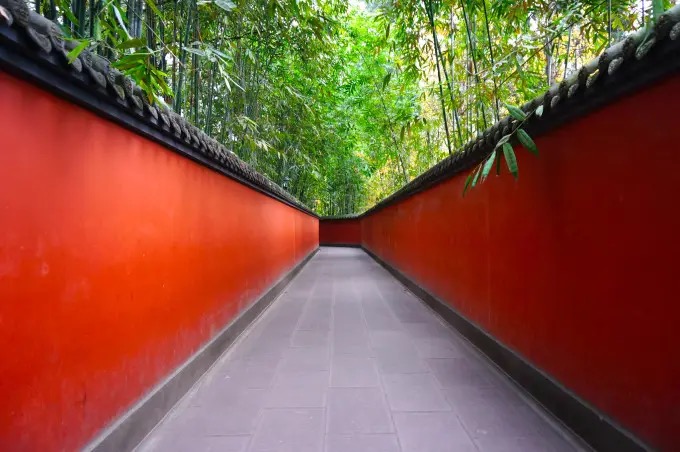Many use it for cooking, some put it in their hair: olive oil is considered by connoisseurs to be an almost magical all-purpose product. Anyone who wants to know more about it should travel to Andalusia.
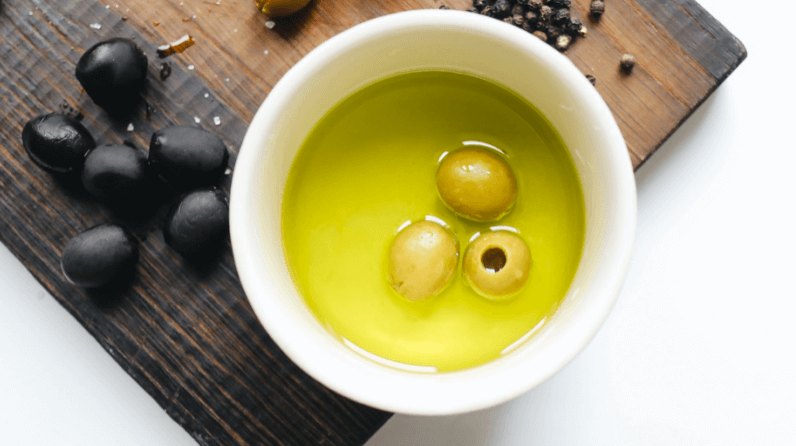
In the life of Ana María Romero, not a day goes by without olive oil. She drizzles it on her toast, literally bathes salad or fried eggs in it, and uses it for baking. "Sometimes I apply it to dry lips and for minor injuries," she says, reaching for the oil bottle again. Olives have accompanied the 50-year-old since childhood. Today, Ms Romero is mayor of her hometown of Montoro and chairwoman of the Spanish Association of Olive Growing Communities. She estimates that about a quarter of the world's production comes from the Andalusian provinces of Córdoba and Jaén.
Monocultures dominate the landscape of the region: seas of olive trees stretching across the hills, sinking into valleys, encircling scattered homesteads and villages.
Roger Schläpfer grew up far away from olives. He later acquired his knowledge through specialist books and contacts with the locals. He was once a banker and head hunter in Switzerland. Then he and his wife Brigitte rebuilt a historic olive mill in the eastern part of the province of Córdoba near Montoro into the country hotel “Olivetum Colina.” Since then, he has been owner of over 300 gnarled trees.
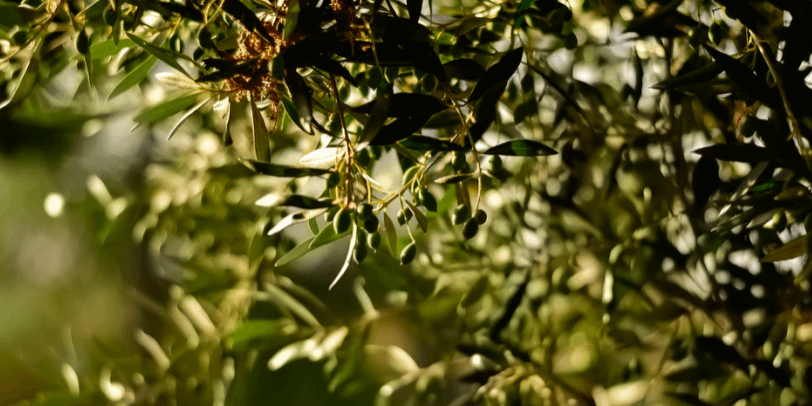
"The olive tree is incredibly resistant," says Schläpfer during a walk through the groves. "It can't get a drop of rain from March to the end of October if things don't go well. Nothing else can survive the heat of summer without water – but it does. I can’t explain it. It’s a miracle. "
At harvest time Schläpfer likes to sniff the olives for their fruitiness. “If it smells like grass that you just mowed freshly in the garden, that’s a very good sign.” There are also tomatoes, bananas, and many other flavours.
His wife Brigitte is a qualified dietician and defines olive oil as a "miracle product". When tasting it, she emphasises how much the oil reduces cholesterol and acts as an anti-inflammatory and fat burner. "Pure detox." Her tip is a tablespoon of olive oil in the morning, even if it requires some effort - as a "channel cleanser for our metabolism". "That way you do something good for yourself without much effort."
Small producers like the Schläpfers have their olive oil pressed directly in Andalusia with the brothers Javier and José Manuel Prieto. The family farm Pago las Monjas near Montoro has been in existence since 1754 and is now up to date. The archaic presses, which formerly used to trot to by mules loaded with sacks, have been replaced by modern stainless steel equipment: tanks, centrifuges, filtering and filling machines.
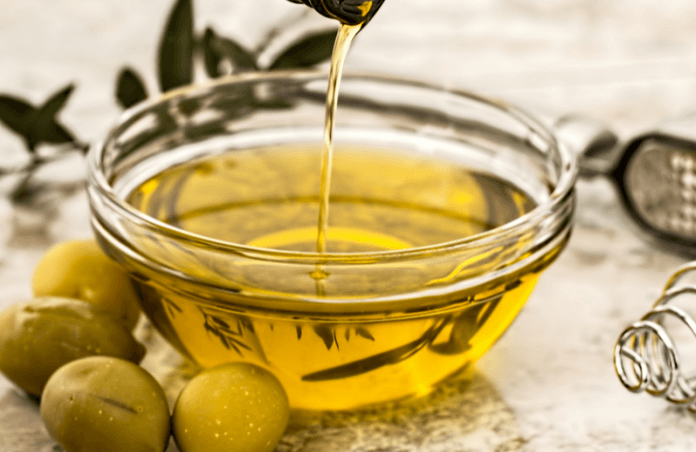
The Torrent olive factory near Aguilar de la Frontera in the province of Córdoba is breaking new ground in taste. Here, olives are available with pineapple, curry, date and chocolate flavours. "Or for children with pizza flavour," says plant manager Álvaro Morillo-Velarde. With the innovative creations in small cans, he hopes for new sales markets in the Arab world and the Far East.
Oil enthusiast Ana María Romero's thoughts go even further. She advocates declaring the landscapes of traditional olive oil cultivation in Andalusia a Unesco World Heritage Site.
